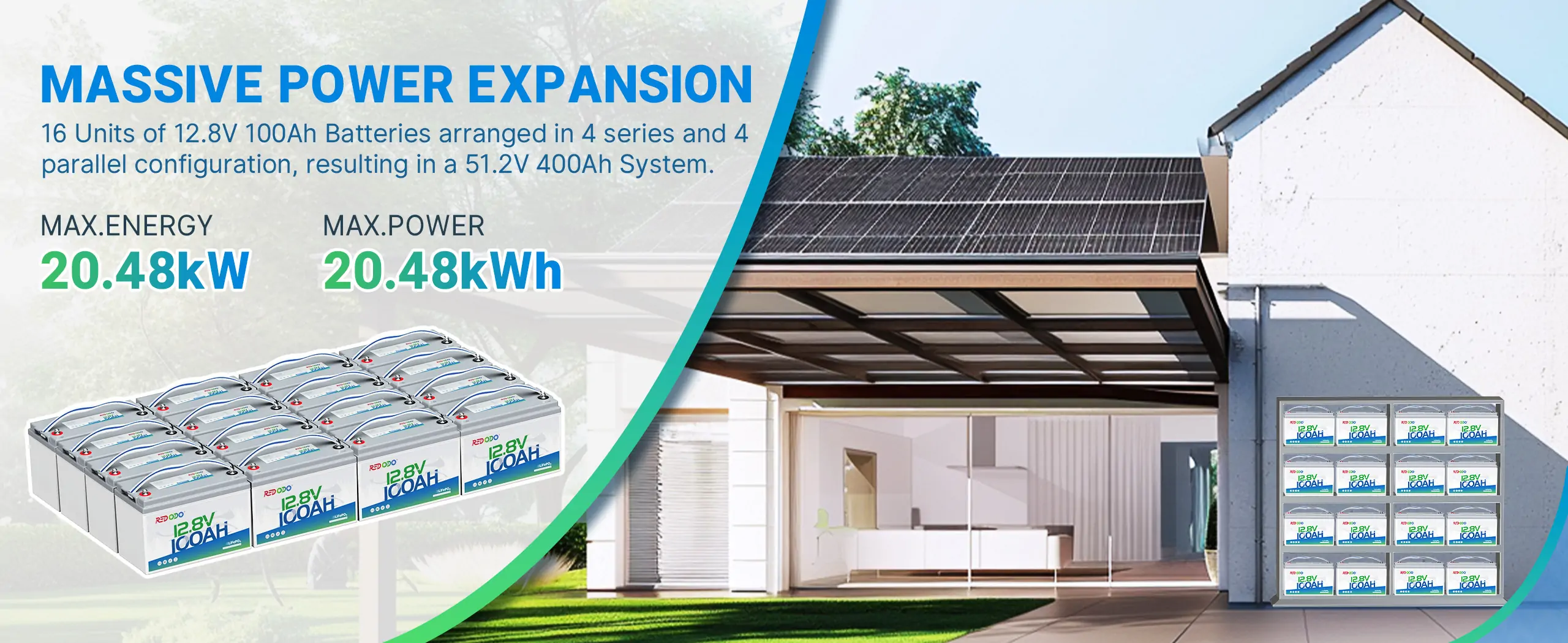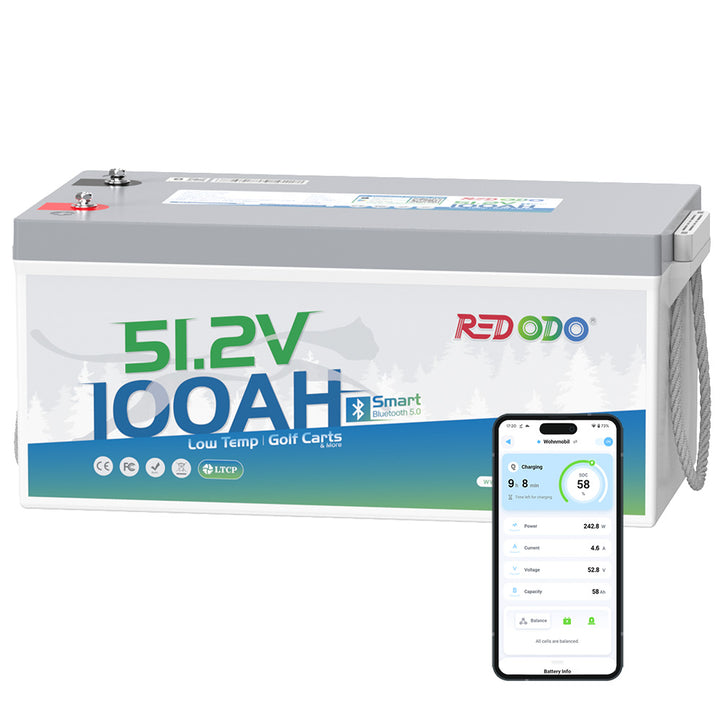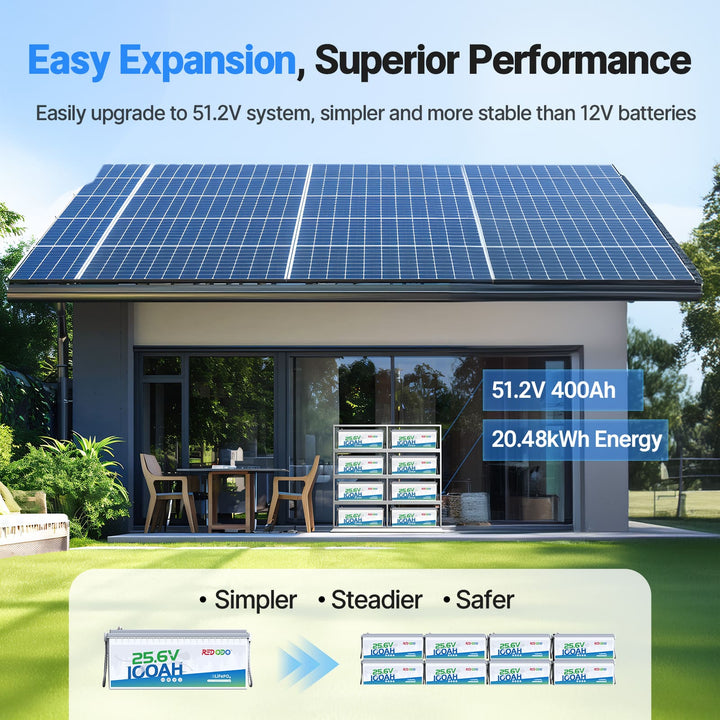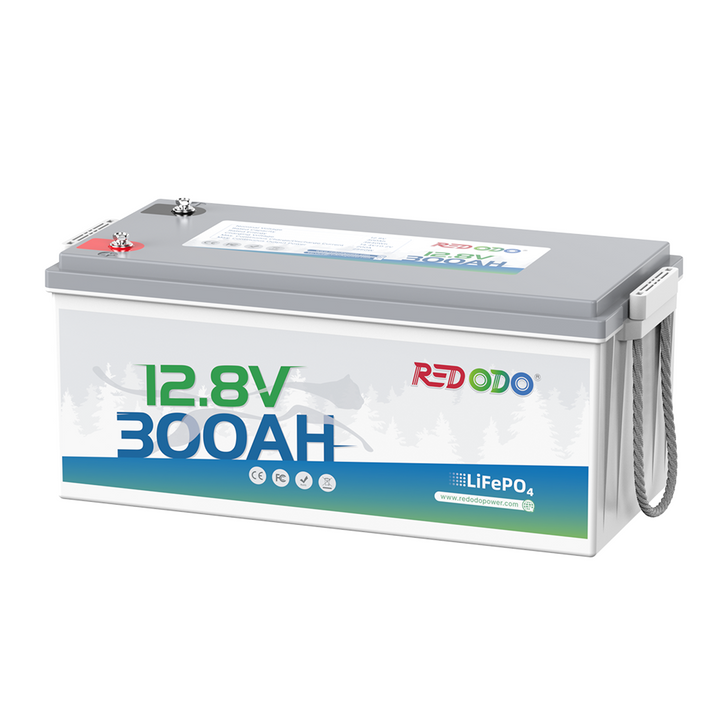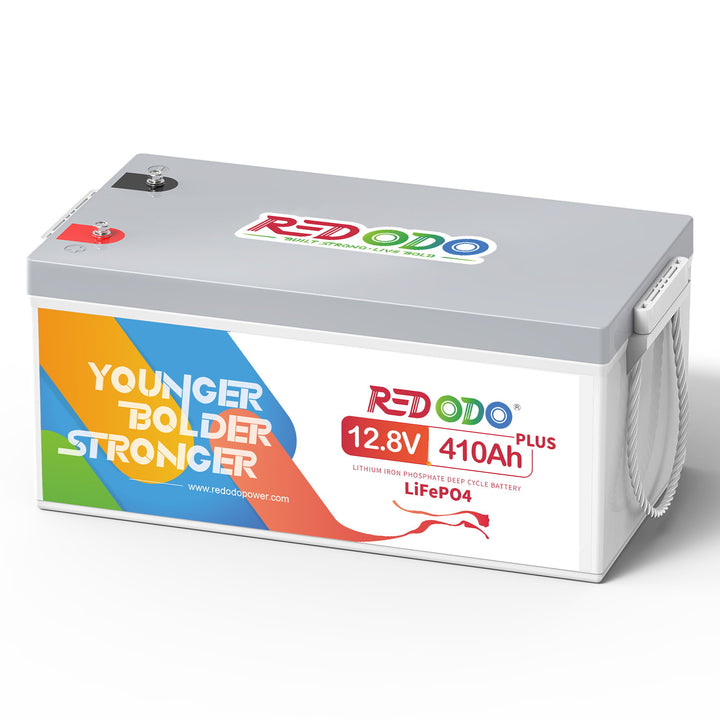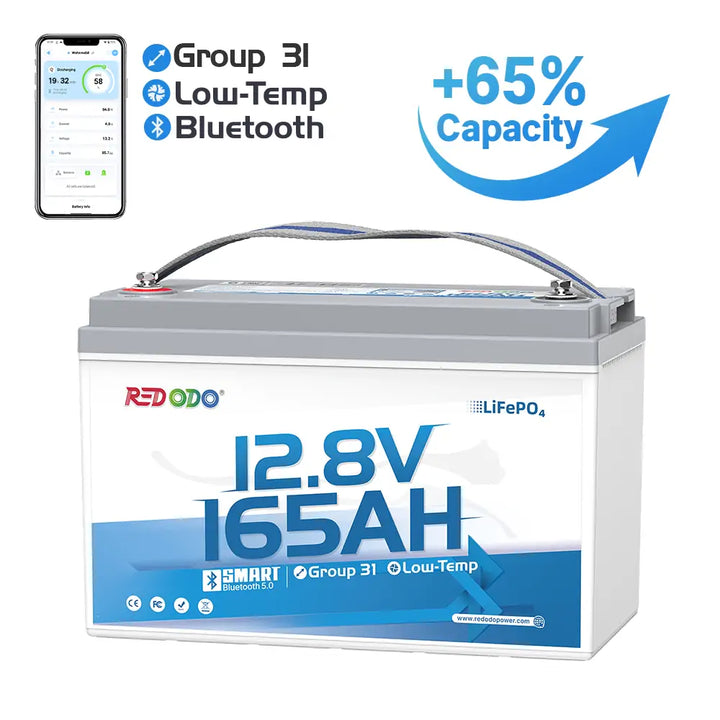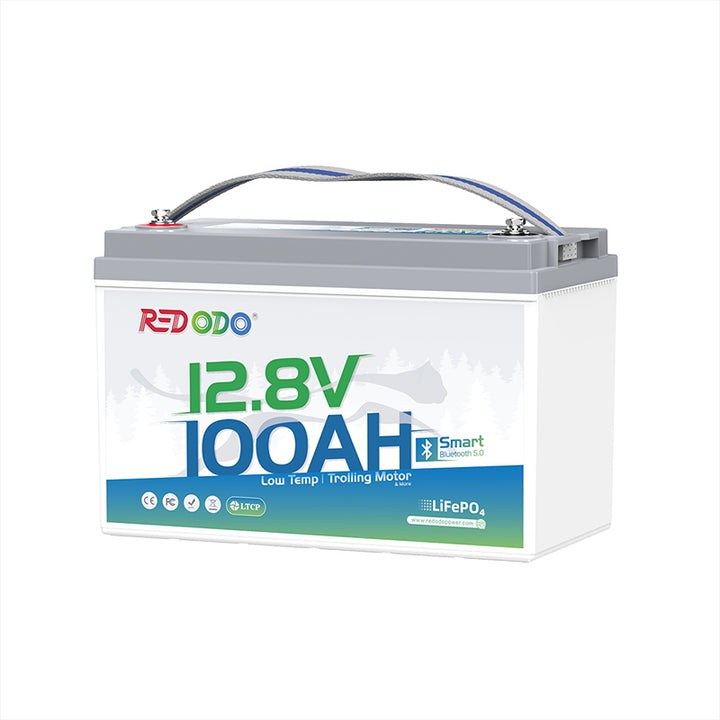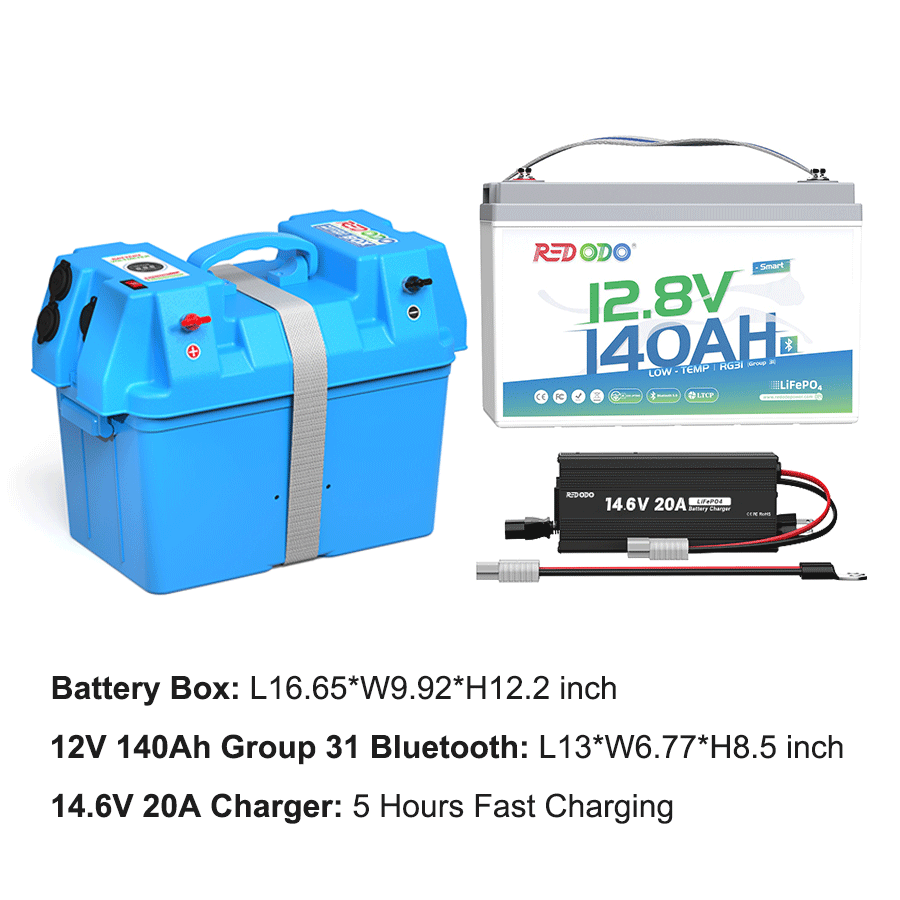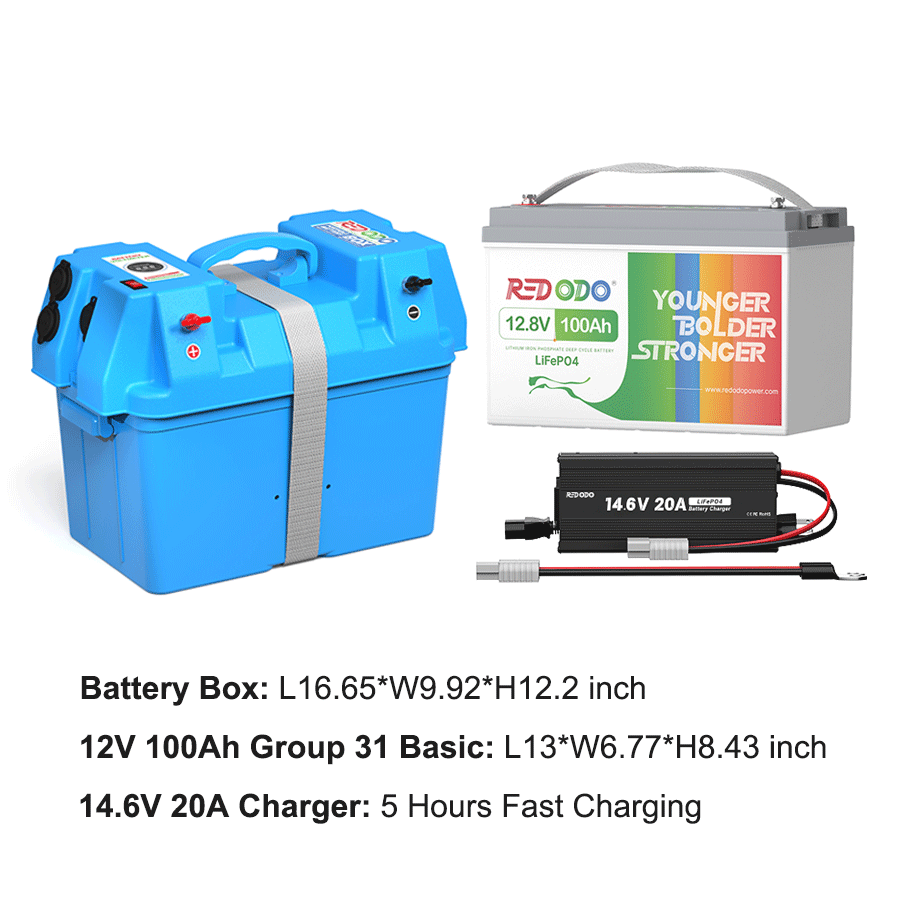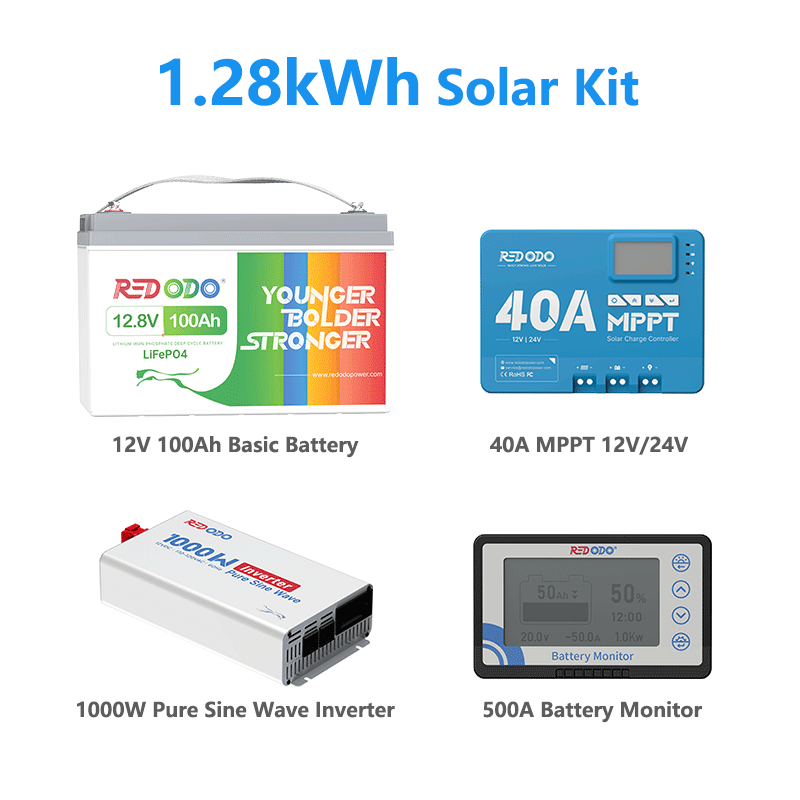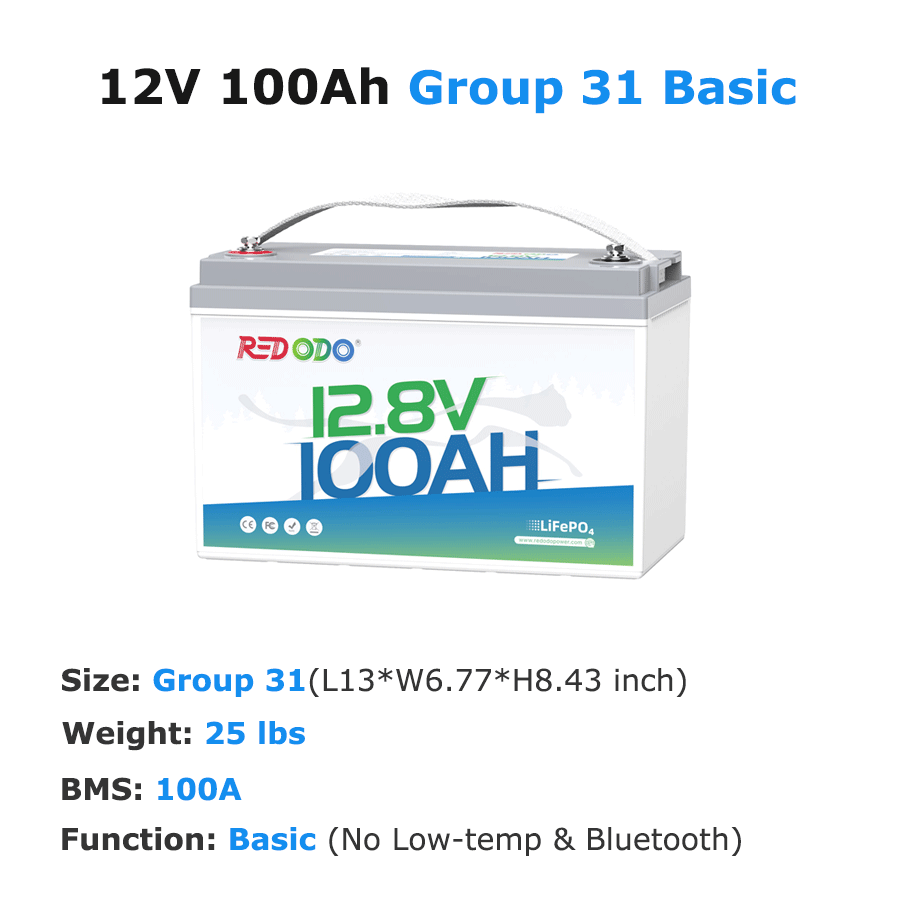What is the Best Solar Battery for Home?
As solar energy continues to gain popularity, more homeowners are turning to solar battery storage to maximize energy savings and ensure backup power during outages. But with a growing number of options on the market, choosing the best home battery for solar or solar battery for home can be overwhelming.
In this guide, we’ll walk you through everything you need to know, from types of solar batteries and key features to consider, to our top recommendations of solar batteries for home use.
Table of Content
- What is A Solar Battery?
- Why Do You Need a Solar Battery for Home?
- Which Types of Solar Batteries is Best?
- How to Choose the Best Solar Storage Batteries for Home?
- 6 Best Lithium Solar batteries for Home
- Can I Use Solar Panels Without Battery Storage?
- Are Lithium Batteries Worth the Investment?
- How Many Solar Batteries Do I Need?
What is A Solar Battery?
A solar battery is a device that stores excess electricity produced by your solar panels during the day, allowing you to use that stored energy later during cloudy weather or during a power outage. By capturing and storing solar energy, solar batteries make your system more efficient and enable greater energy independence.
Solar batteries are used in a wide range of applications, from backup power for homes and off-grid cabins to RVs, boats, and even EV charging. The solar battery for home use provides long cycle life, high efficiency, and safety features that help maximize the return on your solar investment while ensuring reliable energy.
Why Do You Need a Solar Battery for Home?
Installing solar panels is a smart move for reducing your electricity bills and your carbon footprint, but without a solar battery, you’re only getting part of the benefit. A solar battery stores the excess energy your panels produce during the day, allowing you to use that power whenever you need it, not just when the sun is shining.
Here’re the benefits of using solar with battery storage:
Reliable Power Backup for Grid Outages
The most immediate and practical benefit of a solar battery is protection during power outages. Whether it’s an unexpected blackout or a planned utility shutoff, a solar-only system won’t keep your lights on. With solar battery backup, the battery supplies reliable energy to critical appliances while your solar panels recharge it during the day, giving you peace of mind even during short or extended blackouts.
Save Money with Time-of-Use Rate
As more utilities shift to Time-of-Use (TOU) billing structures, electricity rates are highest during late afternoons and evenings when demand surges, and lowest during midday and overnight hours. Solar panels often generate the most power during these off-peak times, when selling to the grid brings minimal value. But with a battery, you can store this low-cost excess energy and use it later when rates spike, reducing your reliance on expensive evening grid power and saving more electricity bills.
Increased Solar Self-Consumption
Without a battery, a large portion of your solar production is sent back to the grid, especially if you’re not home during the day. By installing a solar battery, you store your excess solar energy during the day and use it at night, enabling you to consume more of your own clean power.
Lower Carbon Emissions
While it’s true that manufacturing and recycling batteries involve some environmental impact, these are minimal compared to the damage caused by continued fossil fuel consumption. By using the best home battery for solar, you actively participate in a cleaner, more resilient energy future.
Greater Energy Independence
Choosing to pair solar with battery storage is also about long-term energy independence. With the right battery system in place, you gain more control over your power supply, pricing, and sustainability, regardless of what happens with electricity price or fossil fuel markets.
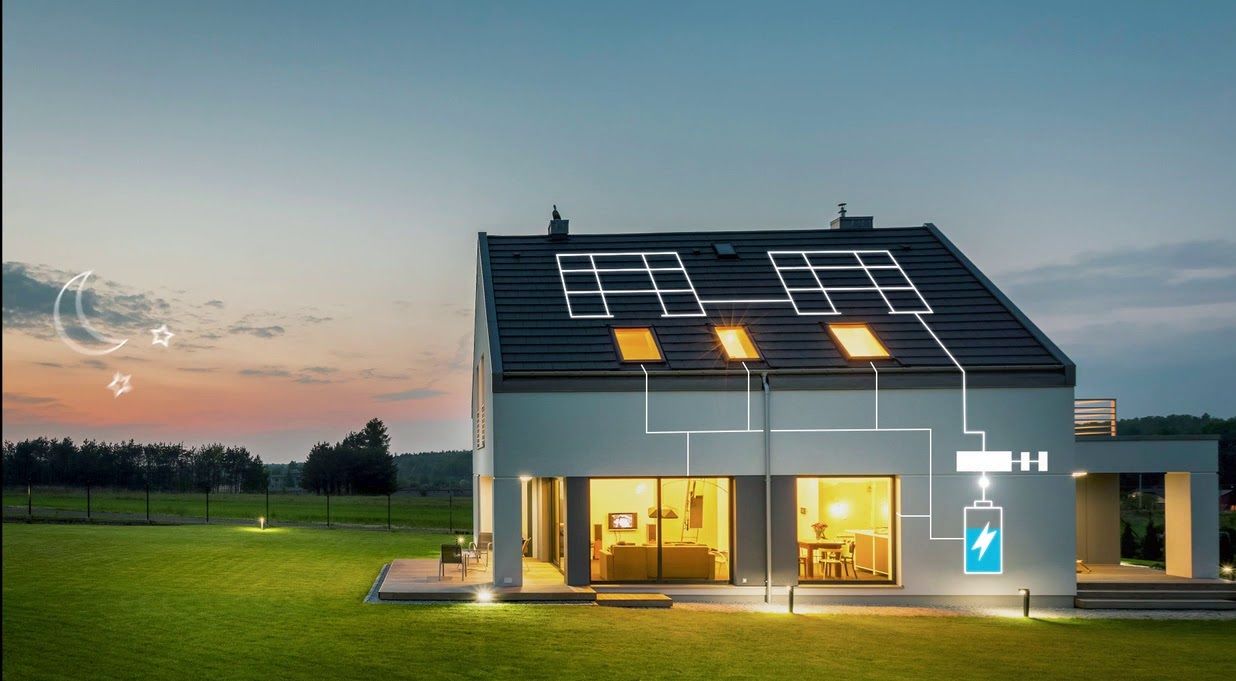
Which Types of Solar Batteries is Best?
1. Lithium Iron Phosphate (LiFePO4) Batteries
These are currently the top choice for home energy storage due to their safety, long lifespan, and high efficiency. LiFePO4 batteries can deliver 4000+ charge cycles with minimal degradation.
Pros:
- Longer lifespan (4000–6000+ cycles)
- Higher energy density
- Better thermal stability
- Low maintenance
Cons:
- Higher upfront cost than lead-acid
2. Lead-Acid Batteries (AGM and Gel)
Once the standard for solar systems, lead-acid batteries are now often seen as outdated for home use. They're cheaper but bulkier, have shorter lifespans, and require more frequent replacement.
Pros:
- Lower initial cost
- Widely available
Cons:
- Shorter lifespan (300–500 cycles)
- Heavier and larger
- Less efficient
3. Flow Batteries
Flow batteries use liquid electrolytes and can be scaled easily. They’re not common in residential settings due to cost and size, but they show promise for future home systems.
Pros:
- Long cycle life
- Can fully discharge without damage
Cons:
- Expensive
- Large and complex
For most homeowners, lithium batteries are the best solar batteries for home systems. Lithium batteries can last longer lifespan, store more energy in a smaller space, release a larger portion of that stored energy, and offer high efficiency.
How to Choose the Best Solar Storage Batteries for Home?
1. Battery Capacity (kWh)
This is the total amount of energy the battery can store. Common home batteries range from 5kWh to 20kWh or more. Choose based on your daily energy consumption and backup needs.
2. Power Output (kW)
This tells you how much energy the battery can deliver at once. Make sure it's enough to run your critical appliances.
3. Depth of Discharge (DOD)
This indicates how much of the battery's capacity can be used without damaging it. A higher DOD (90%+) is ideal.
4. Cycle Life
This refers to how many times a battery can be charged and discharged before it starts to degrade. Look for lithium solar batteries with at least 4000 cycles.
5. Round-Trip Efficiency
The percentage of energy you can retrieve from what you stored. Lithium batteries often offer 90–95% efficiency.
6. Compatibility and Expandability
Ensure the battery integrates well with your inverter and solar setup. Also consider whether you can add more batteries in the future. Most deep cycle lithium batteries support expanding more energy through series and parallel connections.
6 Best Lithium Solar batteries for Home
Redodo is a leading lithium batteries brand, known for providing high-quality, affordable energy storage solutions built with EV-Grade LiFePO4 cells and advanced BMS. Here are our top recommendations for the best solar batteries at Redodo, based on performance and long-term value.
Redodo 48V 100Ah Lithium Solar Battery with Bluetooth
The 48V solar battery is a compact, modular powerhouse ideal for large solar systems. With high quality EV prismatic cells, it delivers long cycle life (4000+ cycles in 100% DOD), high discharge rates, and strong safety protections. The Bluetooth monitoring offers convenience for tracking battery status in real-time.
Key Features:
- 5.12kWh capacity per unit
- 100A BMS with over 20 protections
- Bluetooth monitoring & Low-temp protection
- Compact and 80% lighter than lead-acid
- Great for off-grid homes or high power systems
- Support expanding energy up to 20.48kWh (4P1S)
Redodo 24V 100Ah LiFePO4 Deep Cycle Battery
A perfect balance between size and performance, this 24V lithium battery is suited for mid-sized homes or partial backup applications. It offers twice the power of a 12V system with fewer cables and more efficient energy conversion. What’s more, you’ll save $100 by choosing two 24V 100Ah batteries instead of a single 24V 200Ah battery for greater flexibility and cost-efficiency.
Key Features:
- 2.56kWh energy capacity
- 100A BMS with over 20 protections
- EV-grade LiFePO4 cells with safety protection
- Weighs only 45.58 lbs, 51% smaller than lead-acid alternatives
- Ideal for 24V trolling motors, 24V RVs, and more
- Support expanding energy up to 20.48kWh (4P2S)
Redodo 12V 300Ah LiFePO4 Battery
With triple the capacity of a standard 100Ah battery, this 12V 300Ah lithium battery is ideal for households with high daily energy consumption. Great for larger off-grid homes, backup systems, and solar-powered workshops.
Key Features:
- Massive 3.84kWh storage capacity
- Built-in 200A BMS with 20+ protection
- 2560W of high power, ideal for large appliances
- 60% lighter, 80% smaller than 6*12V 100Ah AGM batteries
- Long-lasting performance with up to 4,000 cycles at 100% DOD
- Can be connected in 4P4S for up to 61.44kWh energy
Redodo 12V 410Ah (400Ah) LiFePO4 Battery
One of Redodo’s largest-capacity 12V batteries, this 12V 400Ah lithium battery is built for serious solar energy storage needs. It’s ideal for full-home backup, off-grid cabins, and extended energy autonomy.
Key Features:
- 5.248kWh energy capacity with 410Ah usable capacity
- Built-in 250A BMS with 20+ protection
- 3200W power for large loads, inverters, and entire homes off-grid
- Weighs only 82.67 lbs, lightweight but powerful
- Offers 4000+ cycles and 10+ year lifespan
- Expandable and stackable for up to 83.96kWh energy (4P4S)
Redodo 12V 165Ah Bluetooth Group 31 Lithium Battery
A versatile option that bridges power and convenience. This 12V 165Ah battery offers the most capacity in a compact Group 31 size. The reliable capacity and Bluetooth connectivity makes it a great choice for home solar users looking to more energy in limited space and monitor their system performance easily.
Key Features:
- 2.112kWh energy capacity
- 165A BMS with advanced safety protection
- Bluetooth-enabled to track SOC, voltage, and temperature
- Low-temp cut-off protection for cold weather
- Great for homes, cabins, and backup systems
- Expandable max. 33.79kWh energy in series/parallel
Redodo 12V 100Ah Group 31 Bluetooth Battery
This compact deep cycle group 31 battery is ideal for solar users who on a budget but value battery quality and performance. It’s perfect for small solar setups, off-grid cabins, mobile homes, or backup power for essential circuits.
Key Features:
- One of the best budget 100Ah lithium battery for solar
- 1280W output power and 1280Wh energy
- Integrated Bluetooth 5.0 to monitor battery status
- Group 31 size, weighs only 22.84lbs
- Low-temp protection for cold conditions
- Easily expand energy up to 20.48kWh (4P4S)
Can I Use Solar Panels Without Battery Storage?
Yes, you can use solar panels without battery storage, but there are limitations. For example, at night or on cloudy days, your home only draws power from the grid. Also, using solar panels without a battery means you won’t have power during a blackout, even if the sun is shining. That's because most grid-tied systems automatically shut down during outages to protect utility workers.
Adding a solar battery solves this by storing solar energy for use at night or during grid failures, giving you greater energy independence and peace of mind.
Are Lithium Batteries Worth the Investment?
Absolutely. Though lithium batteries cost more upfront, their longer lifespan, higher efficiency, and lower maintenance needs make them the most cost-effective over time.
For instance, LiFePO4 batteries can offer more than 4000 cycles, compared to just 500–1000 cycles from AGM lead-acid batteries.
When you factor in the savings from reduced grid electricity usage, minimized replacements, and incentives, lithium becomes the smarter choice.
How Many Solar Batteries Do I Need?
This depends on how much energy you want to store. Here's a quick estimate:
| Daily Energy Use | Suggested Battery Capacity |
|---|---|
| 5–10 kWh | 1–2 units of 5kWh battery |
| 10–15 kWh | 2–3 units of 5kWh battery |
| 15–20+ kWh | 3–4+ units or larger system |
If you want full home backup, aim to match your daily average usage. If you only need backup for essentials (lights, fridge, router), a smaller capacity might suffice.
Related Reading: How Many Solar Batteries to Power a House?
Conclusion
When it comes to the best solar batteries for home, lithium batteries are the top option with higher energy density, longer lifespan, faster charging, and minimal maintenance. Whichever you choose, investing in a high-quality solar battery brings you one step closer to true energy independence.
Redodo delivers high-performance LiFePO4 batteries at a budget-friendly price, making it ideal for homeowners who want premium quality without paying for brand name markup. Explore Redodo's line of off-grid solar batteries—engineered for long life, safety, and off-grid performance.
Read More:
Best Battery for Home Solar System Backup

Redodo

Redodo
Join Redodo
Related Post

Can You Live on a Houseboat in the US?

Are Deep Cycle Batteries AGM or Lithium? A Complete Guide

What Is the Best Marine Battery: Type, Size, and Buying Guide

How to Plan a Perfect Off-Grid RV Camping Trip: 2026 Guide

